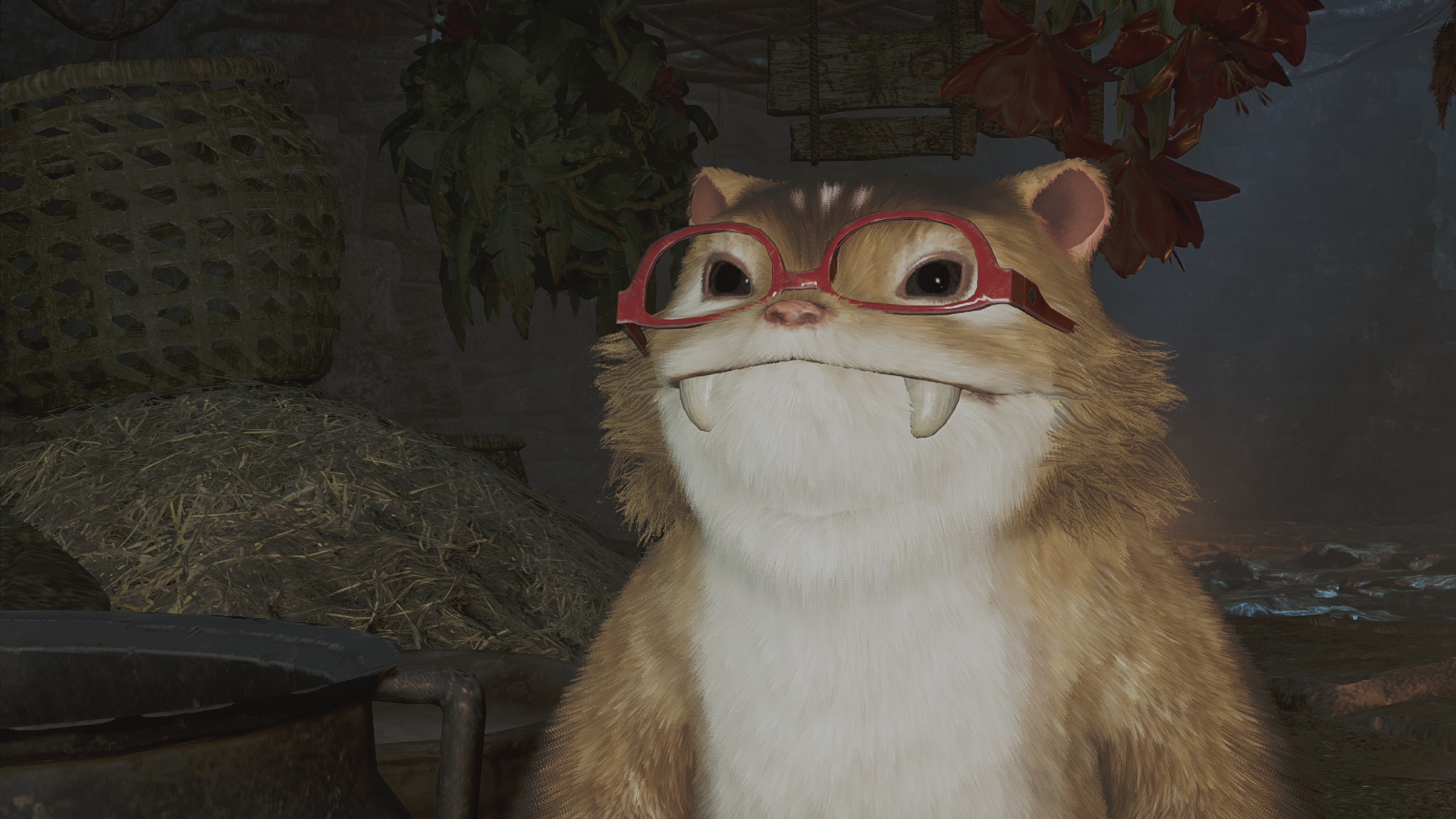
In a recent update, Yuya Tokuda, the director of Monster Hunter Wilds, expressed the intent to reduce the game’s CPU strain while addressing player concerns regarding performance. He acknowledged the dissatisfaction stemming from the recent Title Update 2, which failed to meet expectations and possibly exacerbated existing issues.
Despite improvements, critics claim the game’s performance continues to falter. Comments from players indicate a notable change in hit detection and increased lag following the update.
“I love this game, but the Aug 13th update somehow made wound hit detection worse, added more input delay/lag, even worse performance,” one user lamented, highlighting the frustrations shared by many.
For Tokuda, striking a balance between CPU load and overall game performance remains a priority. He stated:
“In Title Update 2, we fixed bugs related to shader compilation and reduced the impact of anti-cheat measures on processing load by about 90%. Furthermore, we introduced support for advanced super-resolution technologies like DLSS4 and FSR4 as an option to help decrease CPU load while enhancing frame rates.”
Nevertheless, he noted that increasing frame rates can lead to higher CPU usage, urging players to manage their graphics settings thoughtfully. Plans for future updates include further efforts to ease CPU load and graphics processing without compromising gameplay quality.
